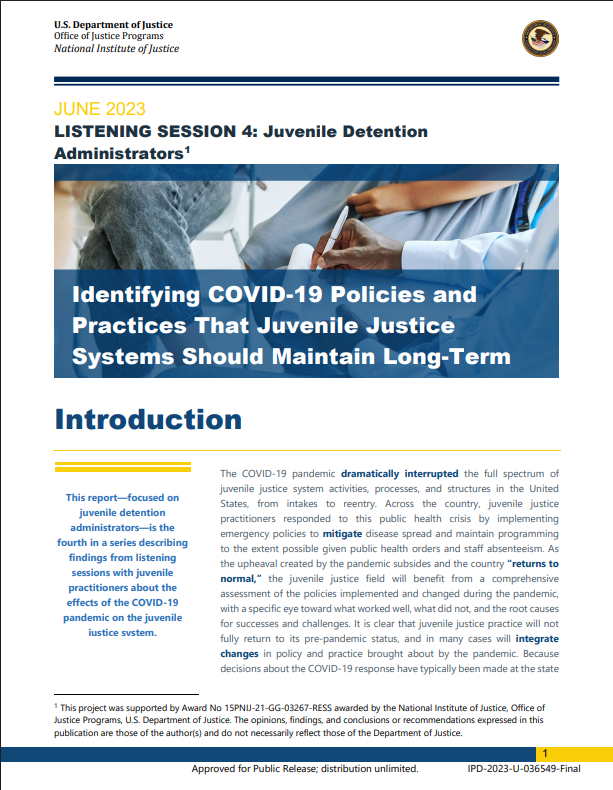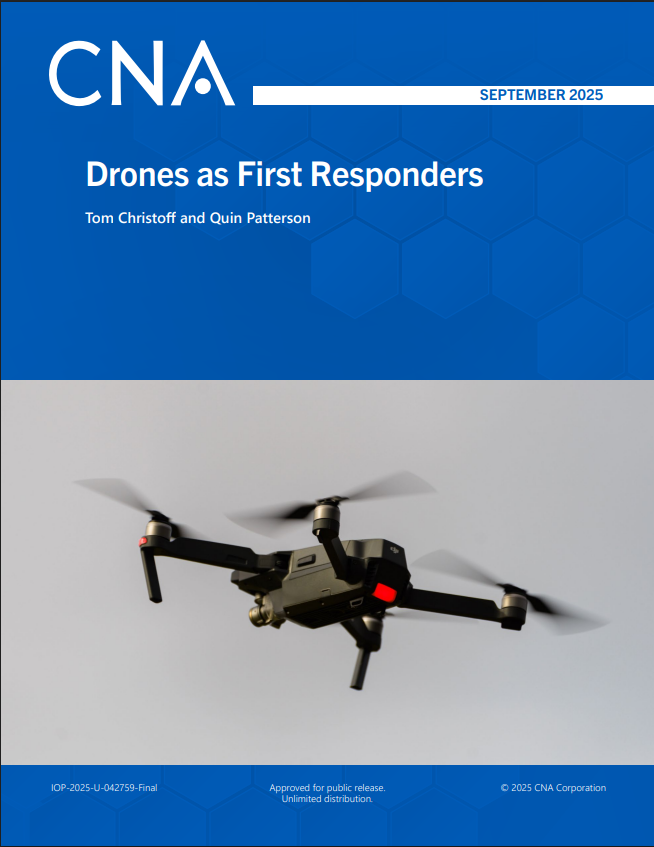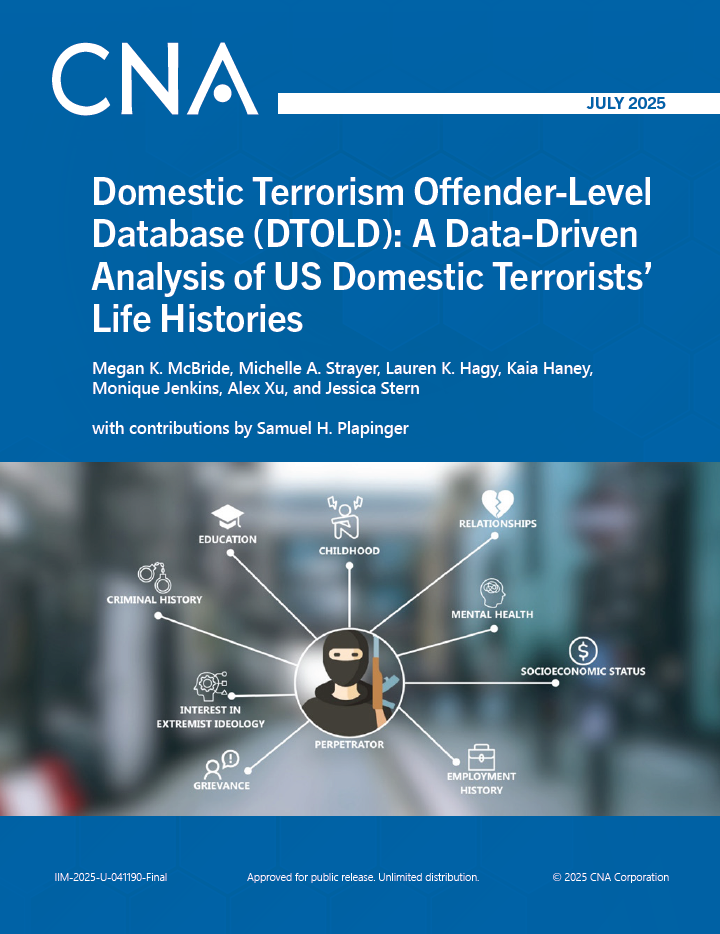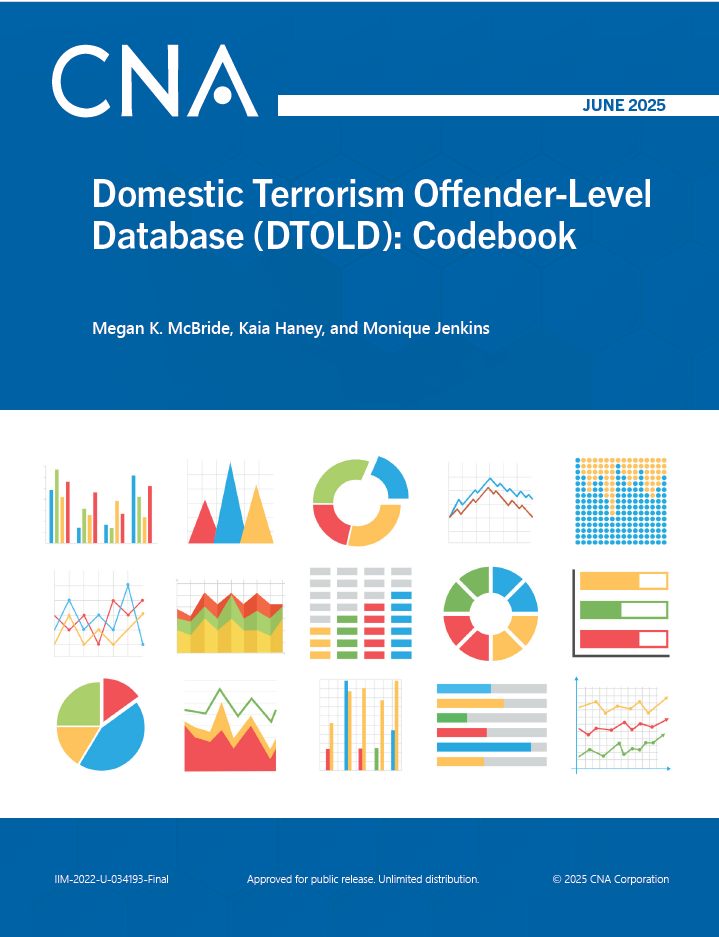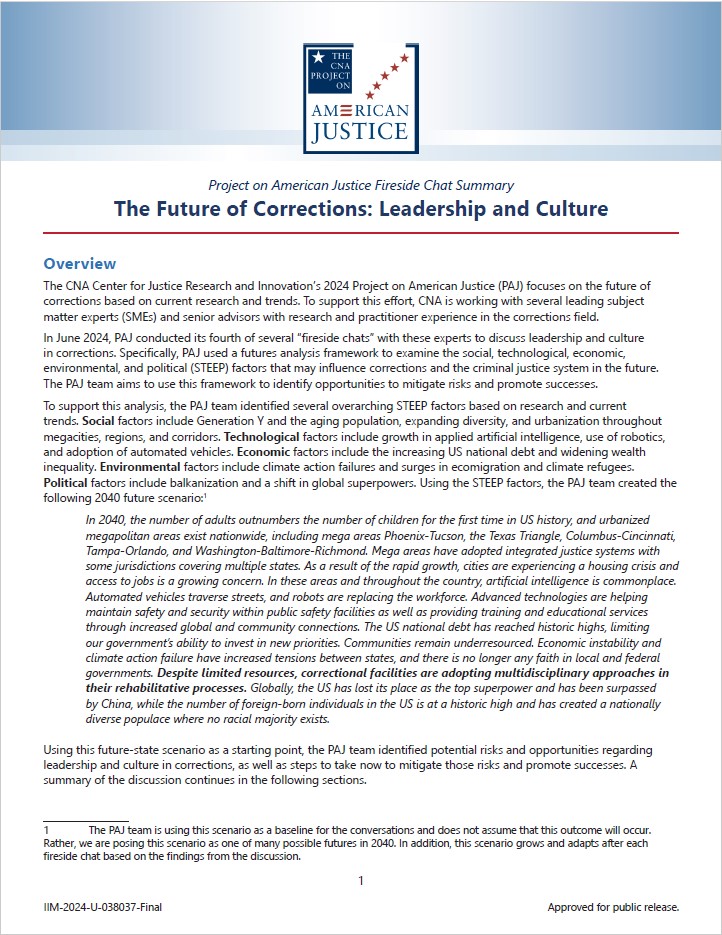The COVID-19 pandemic and resulting public health crisis continue to present public safety challenges, as well as challenges to the agencies tasked with protecting life and social order. Throughout the response to COVID-19, the federal government has deferred decisions about containing the virus to state and local leaders, resulting in an uneven response to contain the spread of this highly infectious disease. This unevenness has resulted in the continued spread of the coronavirus, with state leaders struggling to enforce state mandates on protective measures (e.g., travel restrictions, face coverings, self-quarantine, vaccinations) and lacking the authority to engage in any meaningful interstate enforcement of orders. Further exacerbating this situation is the issue of vaccination requirements, and documentation and enforcement where applicable. Given these realities, state and local agencies continue to risk to their own health and wellbeing to provide mandated services during the pandemic with very little guidance available for how to safely operate within this new environment.
Although healthcare workers are arguably the most affected sector of frontline service providers, the nation’s police officers also face significant challenges in providing their mandated public safety duties in the wake of the pandemic’s uncertainties. According to statistics posted from the Officer Down Memorial Page, “COVID-19 accounted for more than 66 percent of all law enforcement deaths in the line of duty in 2020 and 2021”. Seven key areas explored in this report, including community engagement, officer safety and wellness, remote work, training, recruitment and retention, incident coordination, and jail administration, have been drastically impacted by the COVID-19 pandemic. Several scholars have researched these areas, adding important contributions to an ever-evolving issue. Ekici and Alexander (2021) surveyed over 200 police agencies in Illinois, Missouri, and Ohio, finding important implications for police-community relations, interagency cooperation, training, and staffing during the pandemic. Shjarback and Magny (2021) surveyed California officers throughout the pandemic to provide important insights into the officer perspectives of constantly changing policy directives and the implications that had on officer morale. Drew and Martin (2021) explored the sources of additional stress officers face during the pandemic, with important future implications for managing agency wellness. Cordner and Bartness (2021) documented the extensive changes to the Baltimore, Maryland, training during the COVID-19 pandemic, including recruit classes, remote learning, and continuing education.
Download reportDistribution unlimited.
Details
- Pages: 18
- Document Number: IIM-2021-U-030406-Final
- Publication Date: 11/8/2021
